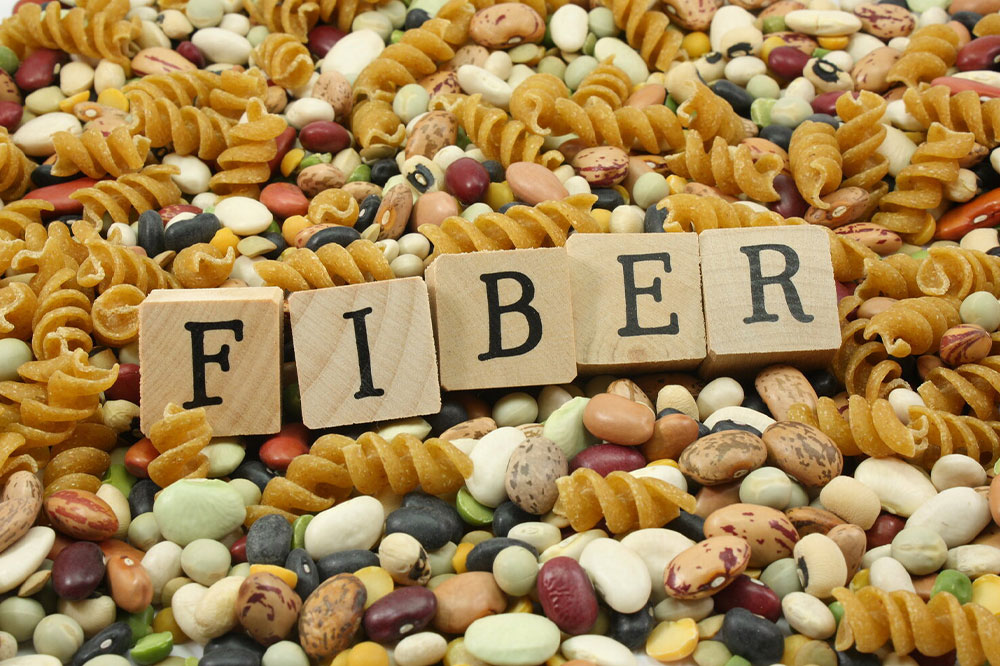Enhance Your Immune System with Dietary Fiber to Support Melanoma Treatment
This article explores how consuming fiber-rich foods can enhance gut health and potentially improve outcomes for melanoma patients. It highlights foods like vegetables, fruits, and whole grains beneficial for immune support and recovery guidance, emphasizing the importance of dietary choices during cancer treatment.
Fiber-Powered Foods to Strengthen Gut Health and Aid Melanoma Management
Melanoma is an aggressive skin cancer accounting for roughly 1% of all skin cancers. The American Cancer Society estimated about 96,480 new cases in 2019. Over recent decades, its incidence has grown steadily. This cancer originates from malignant skin cells that produce melanin, often appearing as changing or new moles across the body.

Standard treatments include surgery, radiation, chemotherapy, and targeted therapies. Proper nutrition significantly contributes to melanoma management and recovery. Recent studies reveal that diets rich in fiber may improve treatment outcomes. The American Association for Cancer Research noted that patients receiving anti-PD-1 immunotherapy achieved better results when their diet promoted diverse gut microbiomes through high-fiber foods. Although further research is needed, maintaining a balanced diet supports overall health and healing.
Healthy gut function is essential not only for digestion but also for bolstering cancer therapies. Here are some nutritious foods to add to your diet, potentially aiding melanoma treatment.
Vegetables
Include fiber-rich vegetables like sweet potatoes, Brussels sprouts, corn, onions, leeks, artichokes, pumpkins, broccoli, and lentils. Adults should aim for at least 30 grams of fiber daily. Many plant foods contain fructans—naturally occurring high-fiber carbohydrates—that stay longer in the gut, supporting gut health. Vegetables such as onions, garlic, artichokes, leeks, asparagus, broccoli, and cabbage are high in fructans.
Fruits
Fruits are packed with diverse fibers like cellulose, inulin, pectins, beta-glucans, psyllium, lignin, and resistant starches. Pectins, which are soluble fibers in apples, strawberries, and citrus fruits, help control blood sugar levels. Lignin, an insoluble fiber found in avocados and bananas, may also lower the risk of colon cancer. Enjoy fruits like pears, watermelon, oranges, and figs to diversify your diet and boost fiber intake.
Whole Grains
Look for foods labeled "high in fiber" with at least 5 grams per serving. Examples include quinoa, bulgur, pearl barley, oatmeal, whole wheat bread, rye, buckwheat, corn, wheat, and wild rice. When choosing bread, options like multigrain, dark rye, cracked wheat, or pumpernickel tend to have higher fiber content. Nuts and seeds are also excellent sources of dietary fiber.
Maintaining a varied gut microbiome is associated with strengthened immune responses and potentially better melanoma outcomes. Knowing which fibers and foods support gut health can aid your recovery. Always consult your healthcare provider to tailor a diet plan, track its effects, and make necessary adjustments.
Disclaimer:
The content on this site is intended for informational purposes only and should not replace professional medical advice. Please consult healthcare professionals before making significant dietary or treatment changes. We are not responsible for inaccuracies or discrepancies in sources or offers mentioned.


